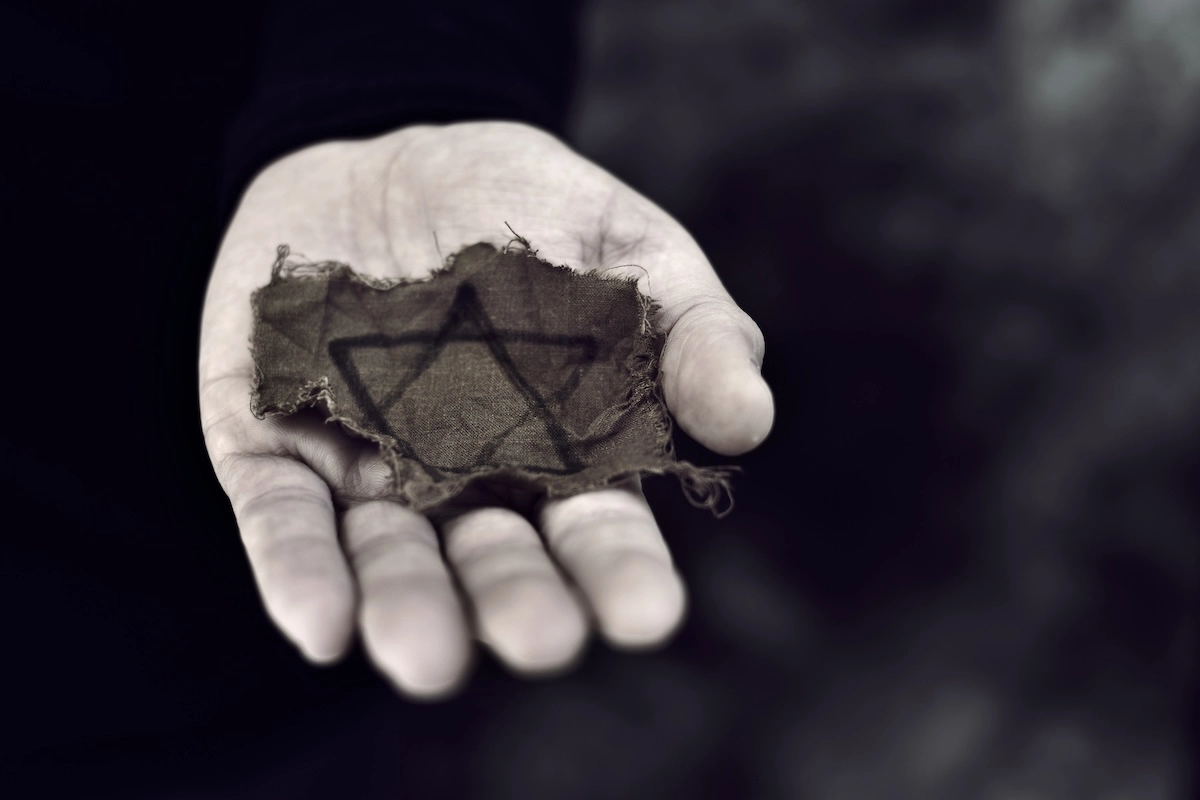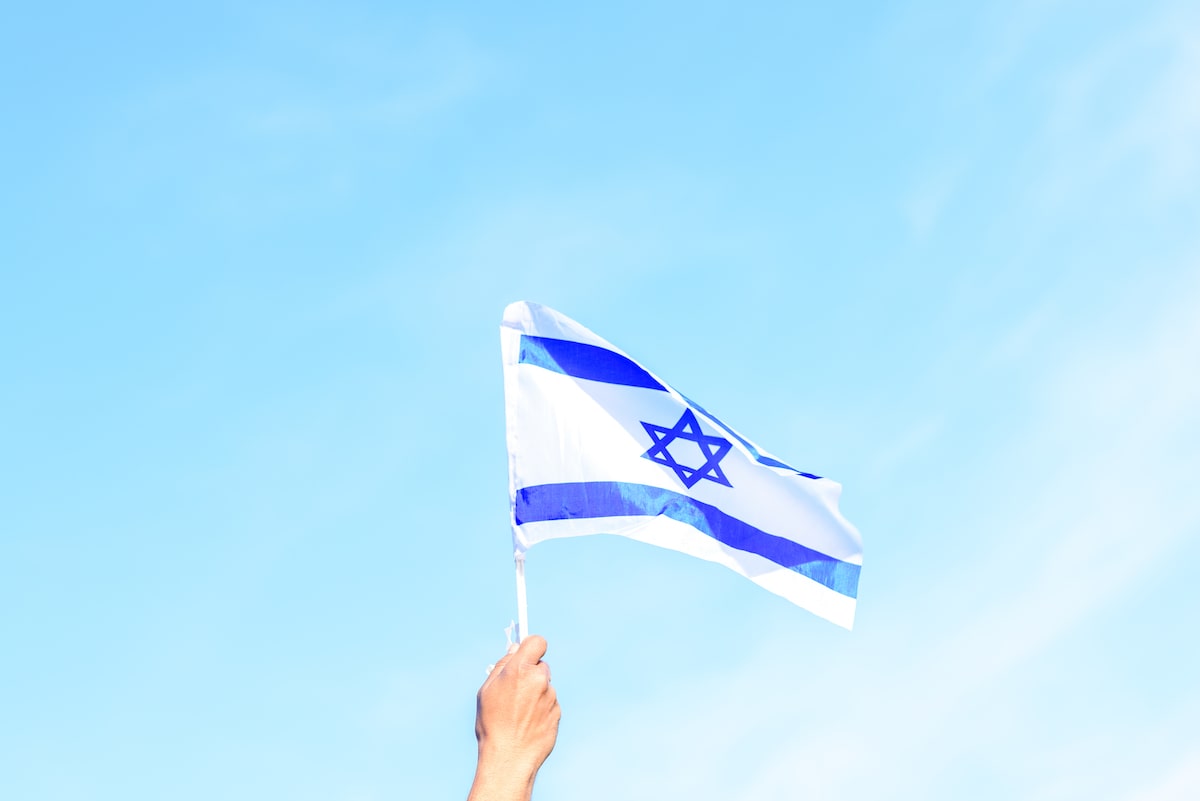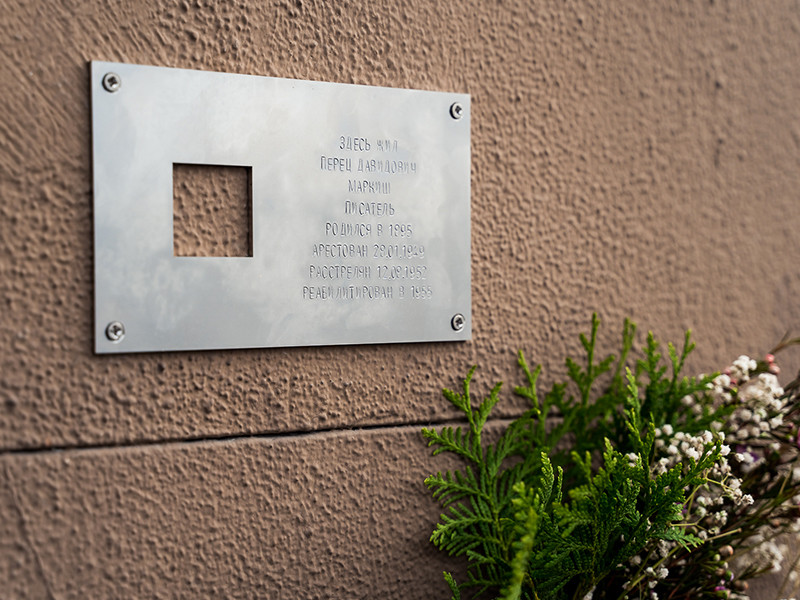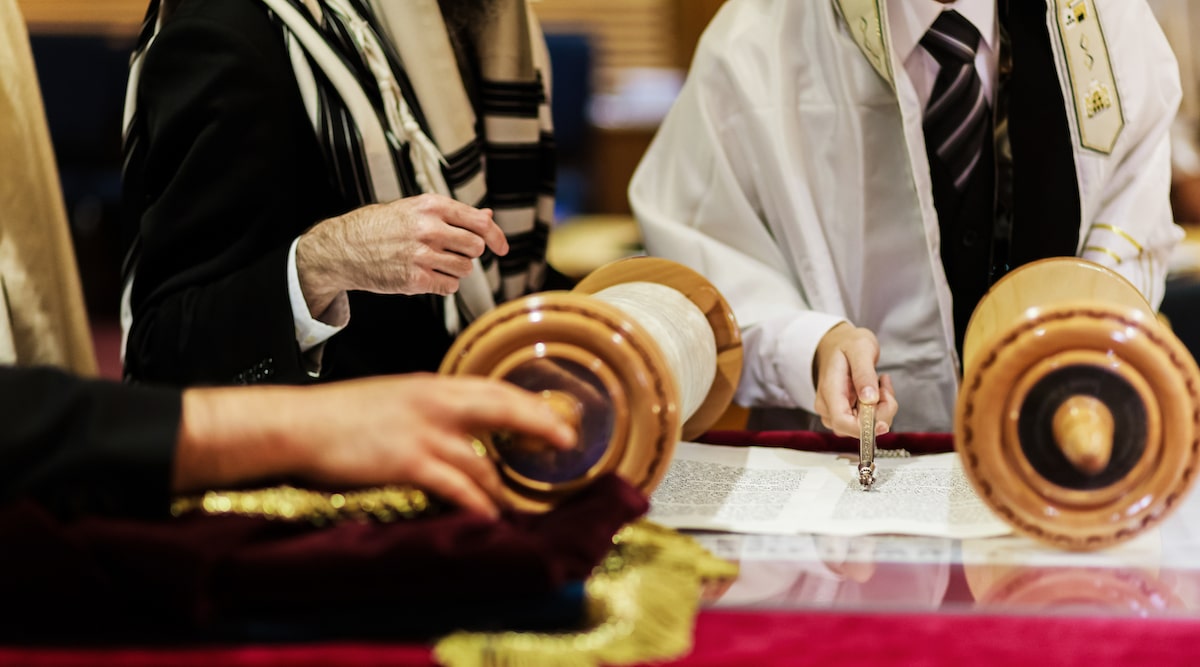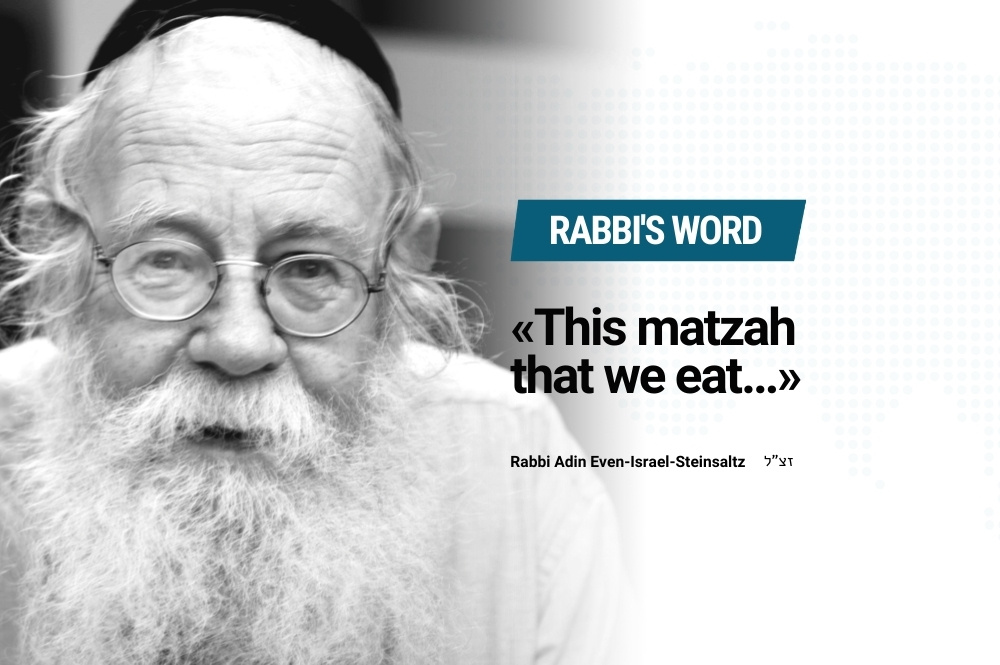
On all the festivals and Sabbaths of the year, an honored place is assigned to the day’s meals. The meal is not just a necessary accompaniment to the needs of life, but is an integral part of life. This prominence of eating does not pertain only to special days of the year; rather, in essence, all daily eating – despite its connection to the satisfaction of bodily needs – has a deeper meaning.
This attitude toward eating takes on additional significance in the case of the Seder meal. The Seder is essentially a repetition of the way the Pesah offering should be eaten, and mitzvot involving eating apply to it: the mitzvah to eat matzah and the prohibition against eating hametz.
The eating of matzah and the abstention from hametz are not just a commemoration of the events that occurred in the exodus from Egypt, but represent our actual participation in those events. Many mitzvot are performed in remembrance of the exodus from Egypt, but on Pesah we do more than that: In a certain way we, personally and communally, reexperience the process of the Exodus. Eating matzah on Pesah, then, constitutes a revitalization of the essence of the Exodus, which in the human soul means going forth or rising to a different level and different form of awareness.
The eating of bread of either kind – whether hametz or matzah – is connected to the question of human awareness and da’at. In the Talmud it says that “the tree of which Adam ate . . . was wheat, since a child does not know how to call ‘father’ and ‘mother’ until he has had a taste of grain.” Thus, there is an inner connection between wheat and knowledge, and between wheat and the essential nature of man as endowed with da’at and awareness.
From a cultural-anthropological standpoint as well, bread is classified as specifically human food. Like other animals, man eats meat and fruit as part of the natural world. Bread, however, is the unique food of man qua man. When man eats bread, he is connected on a higher level to human civilization, to his own essential nature as an intelligent human being, who knows good and evil.
Hasidic works that treat this subject emphasize that “a child does not know how to call ‘father’ until he has had a taste of grain.” The child’s relationship to the father is not a primary relationship; the primary and natural relationship of the child is to the mother, for, particularly during nursing, she is the first and most immediate object in his consciousness. By contrast, the relationship with the father is not a direct, instinctive-biological relationship, but a cultural one, which develops only after the child passes the stage of basic awareness.
In the first stages, even the relationship with the father is not an intellectual relationship driven by awareness and understanding. The child who says “father” does not understand all the implications and meanings of the term. He does not grasp exactly what a father is or what connection he has with his father. All that he comprehends is a certain degree of awareness that leads to speech and to language skills. When the child says “father,” although he does not understand the whole significance of the expression, he actually makes the first jump of consciousness toward a more perfected essential nature, which is not yet his essential nature.
Our initial and basic perceptions are perceived through the physical senses, which are of crude matter. Higher perceptions require a certain intellectual or emotional jump to a nature that transcends the senses. Just such a jump must be made by the infant in order to reach the level on which he will be able call “father.” This process always entails a jump, and it always entails stages that are not reached consciously. The early stage of eating bread for the first time, the call “father,” represent the jump to a different type of consciousness, a different level of awareness.
The festival of Pesah literally means the festival of leaping, the festival on which we recall and experience the great jump, after which we became capable of calling “Father.”
The problem faced by the child who must say “father” for the first time is the heart of the problem faced by the people of Israel upon its departure from Egypt, and it is around this problem that Seder night revolves each year, when we are to reexperience and bring to life the exodus from Egypt. This is the profound meaning of the festival of Pesah, on which one must pass over and leap to a new awareness.
When the people of Israel left Egypt as a slave people, they ascended all at once to a level that, from their standpoint, transcended da’at and rationale: for the first time they said “Father.” From above, the Holy One, blessed be He, gave to a people that was not yet ready, and that did not yet understand, its conclusions, as it skipped over all the intermediary stages of thought, logic, and insight and reached the final conclusion – a place where the circle is closed, where that which cannot be understood meets that which is beyond all understanding.
The people of Israel, which at the Exodus is still like a child, must learn for the first time who is Father and what is a father, how to say “Father” and how to relate to Him. For such development to take place, what is required is an attitude not built on methodical, intellectual understanding, but one whose point of departure is that man is ready to accept things that are without structured explanation and beyond reason.
The opening of the portal to the new mode of being is represented by the primitive, undeveloped, and incomplete matzah. Leavened bread is a product of civilization and requires time for gradual preparation. Kneading, rising of the dough, and baking require permanent quarters and a certain level of development. Matzah, by contrast, is basic bread –unrefined wheat that underwent insubstantial change – for it has not yet risen or leavened like regular bread. Nothing unnecessary is added to this bread. It is tasteless, saltless, and has no room for delicate or refined flavors.
Matzah, then, is the most basic thing that can be termed “bread,” the first food that belongs to the human level. For this reason, matzah represents the change that was effected by the exodus from Egypt: historically, as the dawn of the Jewish people; and inwardly-personally, as a stage of man’s initial recognition and basic awareness of the Divine, the stage at which he first says “Father” to his Father in heaven, not as a result of contemplation or intellectual comprehension, but by means of undeveloped absorption and perception.
The process represented by the eating of matzah is the attainment of the ability to accept as conclusions, as axioms, things that are not understandable; the ability to recognize that there are things that are not sufficiently understood, yet nonetheless one can accept them and believe in them.
The attainment of this ability is the first step on the way to some kind of awareness, and in the Exodus it is necessary at the beginning of the way to recognition of God at Mount Sinai.
